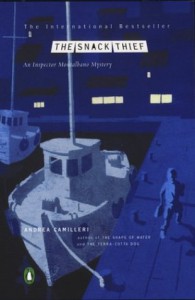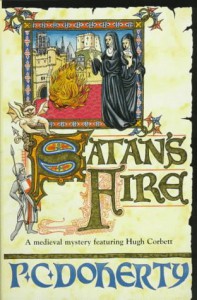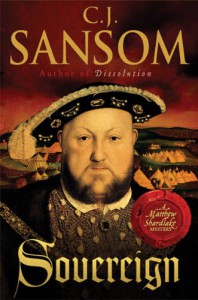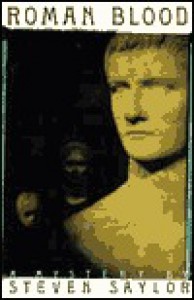The Universal Tone: My Life by Carlos Santana

You know who was the original hippie? Jesus—the ultimate multidimensional, multicolor, nothing-but-love hippie. He never said, “It’s my way or the highway.”
How many people can claim that they were on first name basis with Miles Davis, Buddy Guy(though he used the surname of the author more often, Wayne Shorter and many such legends and yet be humble and down to earth. Even when he picks up a project of writing his autobiography. Very few can. Carlos Santana is one of them. He had proved this earlier with his words and music, and once again he proves that through THE UNIVERSAL TONE.
What is the best deal one can get from this book? The one which says that if you read this book, you will not only get to read about the life of Carlos, but also the reader will get a short and concise course on the life of Miles Davis, John Coltrane and Bill Graham. Carlos Santana almost speaks with a childlike joy when he starts on Miles and Coltrane. He gives away the vibe of an awestruck fan when he discusses their life, and their music. He speaks like a music addict high on his drug as he brings Buddy Guy, Otis Rush, Bola Sete, Gabor Szabo in his pages. He creates a book which not only talks about his life, his spirituality his vision but also gives the readers about his idols, his favourite “cats” as he calls them.
His friend Andre Agassi spoke about his addiction in his book aptly named OPEN. Carlos speaks about once hitting a woman, speaks about the infamous Woodstock based “Electric Snake” incident without any shame. He speaks about shunning cocaine and accepting marijuana. On how he felt the cool vibes coming from Rahsaan Roland Kirk and Wilson Pickett. Or how he still considers Frank Zappa a wonderful musician, even after the latter almost parodied Carlos in one of his song. He is open about his admiration for Guru Sri Chinmoy, his friendship mixed admiration for Armando Peraza, the man who urged his to take control of his eponymous band Santana. He speaks about his divorce from Deborah Santana, his devotion for Cindy Blackman. His admiration and anger towards his mom and dad.
This book could have been a five star if not for some minor glitches. One, he speaks almost nothing about Raul Rekow, the ultimate conger in the Santana family, or Orestes Vilato, the timbalero who along with Raul and Armando created the best rhythm section. I did skip a few pages where he talks about Alice Coltrane. I never synced up to Turiya’s music, and never went through the pages with her in them. That took away a star. Even though this still will be a must have for a Santana fan.

 1
1









 1
1








